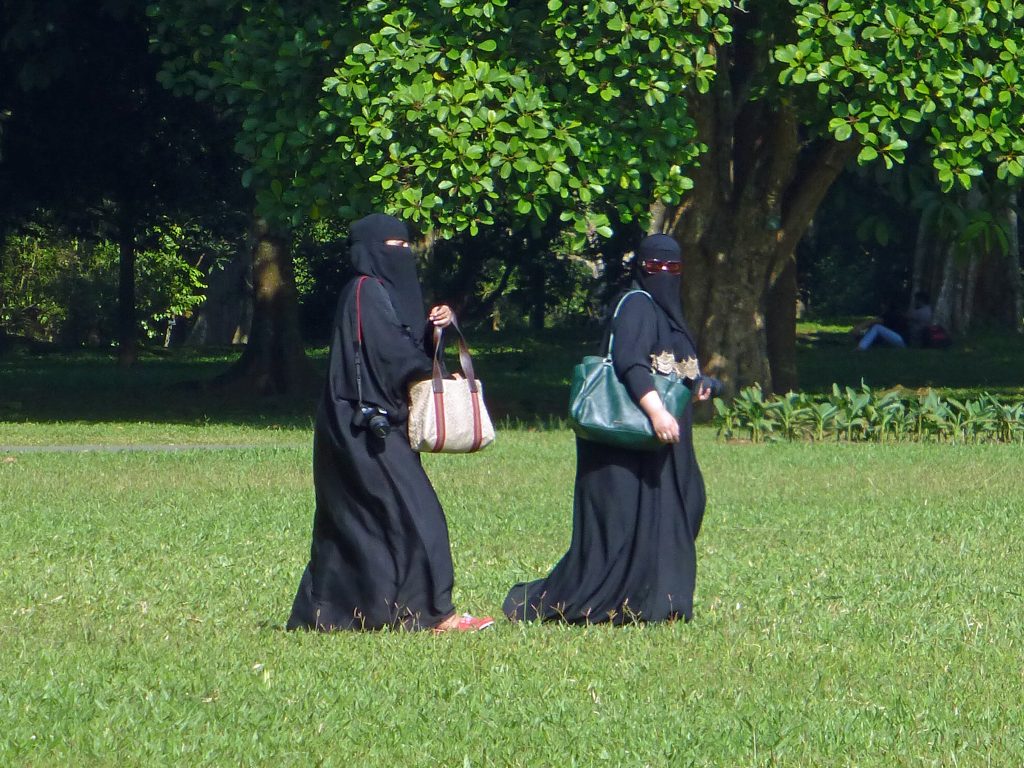By Khadija Khan The ban on full face coverings came into effect in Denmark on August 1. Hardly anyone is focusing on the significance of this decision in the age of terrorist attacks. Instead, a large chunk of people seem to have bought into the fundamentalists’ claims that this move was aimed solely to bar Muslim women from veiling their faces. Non-Muslim protesters even wore burqas in ‘solidarity’ with Muslim women, standing on the wrong side of history by indirectly opposing the Muslim women who are defying the idea…
Tag: niqab
Is the Danish ‘burqa ban’ an infringement on Muslim women’s rights?
By Khadija Khan After France, Belgium, The Netherlands, Bulgaria, Austria and the German state of Bavaria, Denmark has become the latest European country to ban full veil in public places. The veil, or niqab, is the attire mostly worn by ultra-conservative Muslim women. The ban has been criticised for being an infringement on Muslims women’s right to practice their religion. The Danish government, however, claimed that it is neither religiously motivated nor an infringement on Muslim women’s rights. Nevertheless, the law has once again stirred up debate about the western…
Unblemished Virginity
By Serena Virginity. What this word means to you is subjective: you might consider it no issue at all; you might be eager to lose it; or if you’re religious and traditionalist, you will wait until you’re married. Islam is famous for its promises of 72 virgins in heaven, for its strict religious rulings such as veiling, segregation, FGM and punishments of hellfire and lashes for a person if they have pre-marital sex. Virginity is neither precious or honourable. It is a social and religious construct. Virginity applies to…
Don’t ban the burqa – challenge the modesty doctrines instead
By Tehmina Kazi Unlike other articles on Muslim women’s sartorial trends, this one will not start with a terrible “thinly-veiled” pun, or a picture of a woman with her face covered in black cloth. Shazia Hobbs managed to avoid both these traps in her “Ban the burqa” article, which correctly identified religious fundamentalism as a bigger problem in the current generation of British Muslims, than in previous generations. The proliferation of face-veils is simply one manifestation of this; other manifestations include gender segregation on university campuses, and the ex-communication (or takfir) of…




